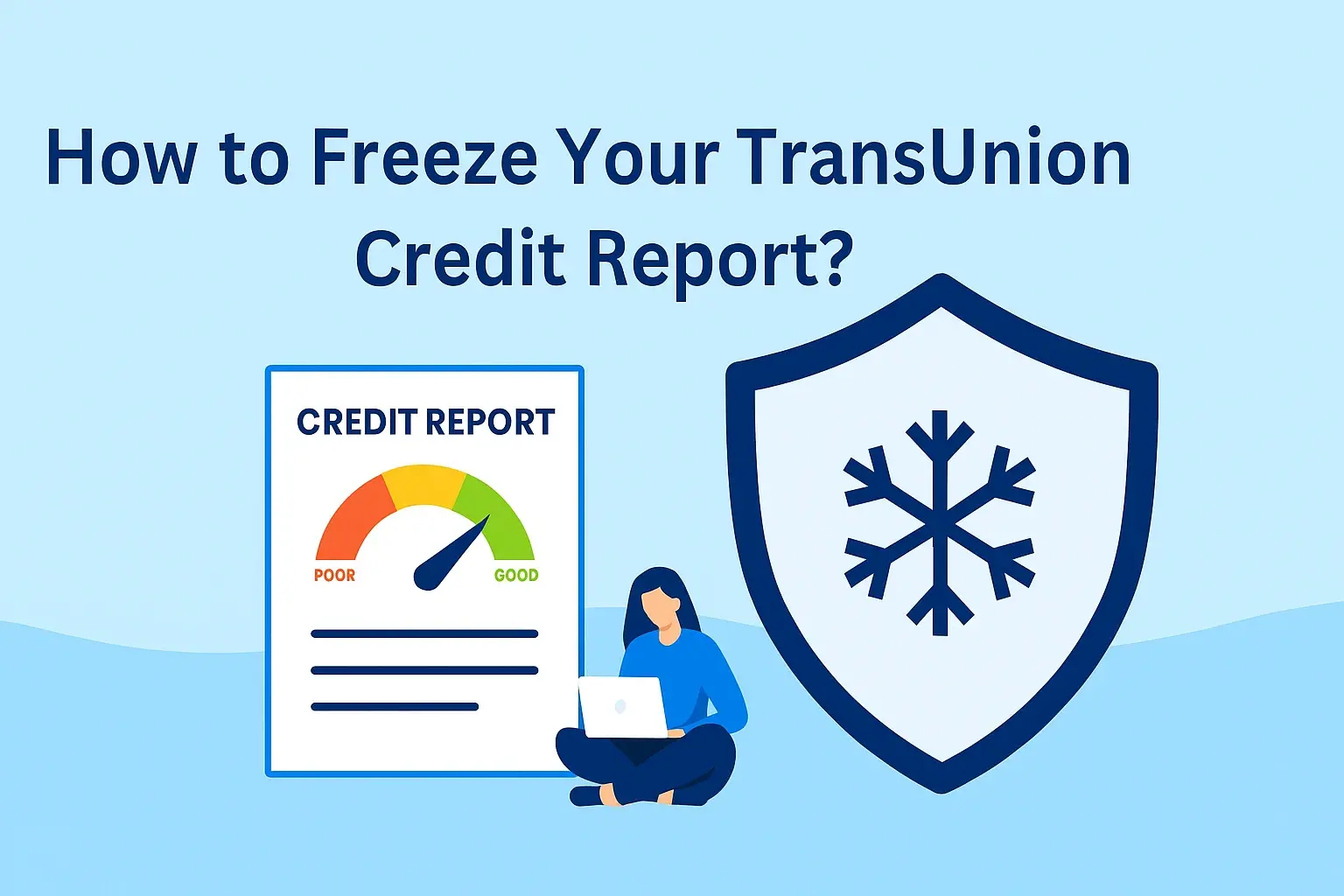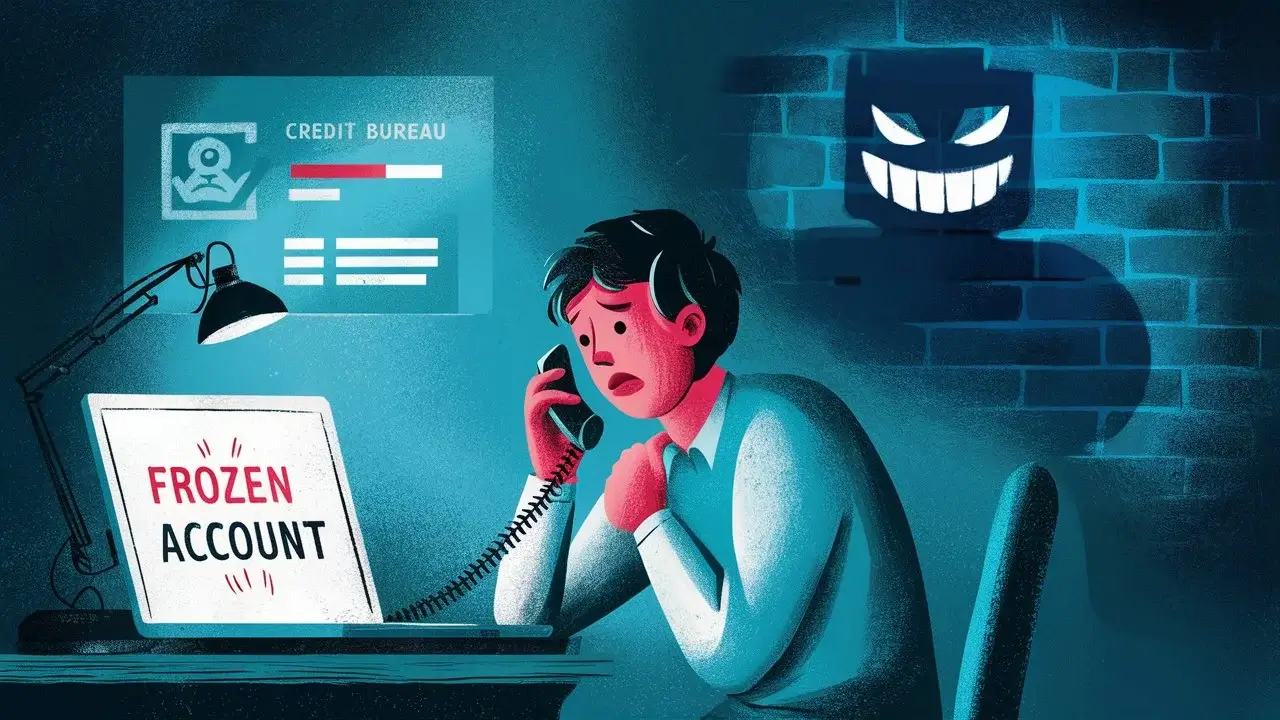-
Posted on: 01 Mar 2023

-
Breaking a lease is a situation that many renters face at some point. Whether it's due to a job relocation, financial hardship, or simply a change of circumstances, the decision to terminate a lease agreement prematurely can be complicated. One of the biggest concerns surrounding breaking a lease is its potential impact on your credit score. This comprehensive guide will explore the relationship between breaking a lease and your credit, providing you with the information you need to understand the potential consequences and how to navigate the situation effectively.
Understanding Lease Agreements and Their Binding Nature
Before diving into the specifics of credit scores, it's crucial to understand the nature of a lease agreement. A lease is a legally binding contract between a landlord and a tenant. It outlines the terms and conditions of the rental, including the duration of the tenancy, the monthly rent amount, and the responsibilities of both parties. Signing a lease means you are committing to fulfill the terms of the agreement for the entire lease period.
When you break a lease, you are essentially violating the contract. This can lead to financial penalties and legal repercussions, which may indirectly affect your credit score.
Direct vs. Indirect Impact on Your Credit Score
The question of whether breaking a lease directly affects your credit score is a common one. The answer is nuanced:
- Direct Impact: Generally, breaking a lease itself does not directly appear on your credit report. Credit bureaus primarily track payment history and credit utilization on credit accounts like credit cards and loans. Simply breaking a lease doesn't trigger an automatic negative entry.
- Indirect Impact: However, breaking a lease can indirectly affect your credit score through several avenues. This is where the potential for damage lies.
How Breaking a Lease Can Indirectly Affect Your Credit Score
Here's a breakdown of the ways breaking a lease can negatively impact your credit:
1. Unpaid Rent and Debt Collection
When you break a lease, your landlord is typically entitled to recover the remaining rent due for the lease term. While laws vary by state, landlords often have a duty to mitigate their damages by attempting to re-rent the property. However, if they are unsuccessful in finding a new tenant, or if they rent it for a lower amount, you may be responsible for the outstanding balance.
If you fail to pay the outstanding balance, the landlord may take one of the following actions:
- Sue you in court: The landlord can file a lawsuit against you to recover the unpaid rent. If the landlord wins the lawsuit and obtains a judgment against you, that judgment can appear on your credit report. Judgments are public records and are often reported to credit bureaus.
- Send the debt to a collection agency: Landlords often hire debt collection agencies to pursue unpaid rent. Collection agencies will report the debt to credit bureaus, resulting in a negative entry on your credit report. This can significantly lower your credit score.
Collection accounts and judgments can remain on your credit report for up to seven years, significantly impacting your ability to obtain credit in the future.
2. Eviction Proceedings
Although less common in situations where a tenant simply vacates, if a landlord pursues formal eviction proceedings (even if you move out before the actual eviction), the eviction record can become part of the public record. While eviction records themselves may not directly appear on your credit report from major credit bureaus (Experian, Equifax, TransUnion), they can be found on specialized tenant screening reports. These reports are often used by landlords to assess potential tenants' rental history.
While not directly impacting your FICO score, eviction records can make it difficult to rent in the future. Furthermore, the underlying debt leading to the eviction (unpaid rent) can still be sent to collections and impact your credit as described above.
3. Lease Termination Fees
Many lease agreements include clauses regarding early termination fees. These fees are designed to compensate the landlord for the costs associated with finding a new tenant and the potential loss of rental income. If you fail to pay these fees, the landlord may pursue the same actions as with unpaid rent – suing you or sending the debt to a collection agency.
4. Damaging Your Rental History
While not directly reflected in your credit score, breaking a lease can negatively impact your rental history. Landlords often contact previous landlords to inquire about a potential tenant's rental history, including their adherence to lease terms and payment habits. A previous landlord may provide a negative reference if you broke your lease, making it more difficult to rent in the future.
Strategies to Mitigate the Damage When Breaking a Lease
If you find yourself in a situation where breaking a lease is unavoidable, there are steps you can take to minimize the potential damage to your credit score and rental history:
1. Communicate Openly with Your Landlord
The first and most important step is to communicate with your landlord as soon as possible. Explain your situation and be transparent about your reasons for breaking the lease. A collaborative approach can often lead to a more amicable resolution.
2. Negotiate a Mutually Agreeable Solution
Explore potential solutions with your landlord, such as:
- Finding a suitable replacement tenant: You can proactively search for a qualified tenant to take over your lease. If you find a replacement tenant that the landlord approves of, you may be able to transfer the lease and avoid further financial penalties.
- Paying a termination fee: Negotiate a termination fee that is less than the total remaining rent due. This can provide you with a predictable cost and help you avoid the risk of being sued for a larger amount.
- Subletting the property: If your lease allows subletting (or if you can negotiate an exception with your landlord), you can sublet the property to another tenant for the remainder of your lease term. This can help you cover the rent and avoid breaking the lease altogether.
3. Document Everything
Keep a detailed record of all communication with your landlord, including emails, letters, and phone calls. Document any agreements you reach and obtain written confirmation of those agreements. This documentation can be crucial if a dispute arises later on.
4. Fulfill Your Remaining Obligations
Even if you are breaking the lease, continue to fulfill your obligations as much as possible. Pay your rent up until the date you vacate the property, and leave the property in good condition. This can demonstrate your good faith and reduce the likelihood of a negative reference from your landlord.
5. Seek Legal Advice
If you are facing a significant dispute with your landlord, or if you are unsure of your rights and obligations, consider seeking legal advice from an attorney specializing in landlord-tenant law. An attorney can review your lease agreement, advise you on your legal options, and represent you in any legal proceedings.
6. Monitor Your Credit Report
Regularly monitor your credit report for any inaccuracies or negative entries. You can obtain a free copy of your credit report from each of the three major credit bureaus (Experian, Equifax, and TransUnion) once a year through AnnualCreditReport.com. If you find any errors, dispute them with the credit bureau and the creditor.
What to Do if Unpaid Rent Goes to Collections
If your landlord sends unpaid rent to a collection agency, take the following steps:
- Verify the Debt: Within 30 days of receiving the collection agency's initial notice, send a written request for debt validation. This requires the collection agency to provide proof that you owe the debt.
- Negotiate a Settlement: If the debt is valid, try to negotiate a settlement with the collection agency. You may be able to pay a portion of the debt in exchange for the collection agency agreeing to remove the negative entry from your credit report (this is often called a "pay-for-delete" agreement, though not all agencies will agree to it).
- Pay the Debt: If you are unable to negotiate a settlement, paying the debt in full is the best way to minimize the damage to your credit score. Even though the negative entry will remain on your credit report for seven years, paying the debt will show that you are taking steps to resolve the issue.
The Importance of a Strong Rental History
Maintaining a positive rental history is crucial for future renting opportunities. Landlords often rely on rental history reports to assess potential tenants' reliability and responsibility. Breaking a lease can create a negative mark on your rental history, making it more difficult to secure a rental in the future.
To build a strong rental history, prioritize the following:
- Pay rent on time: Consistent on-time rent payments are the most important factor in building a positive rental history.
- Adhere to lease terms: Follow all the terms and conditions of your lease agreement.
- Maintain the property: Keep the property clean and in good condition.
- Communicate effectively with your landlord: Maintain open and respectful communication with your landlord.
Conclusion
While breaking a lease doesn't directly impact your credit score in the same way as a missed credit card payment, it can have serious indirect consequences. Unpaid rent, collection accounts, judgments, and eviction records can all negatively affect your credit and make it difficult to rent in the future. By understanding the potential risks and taking proactive steps to mitigate the damage, you can minimize the impact of breaking a lease on your financial well-being.
Remember to communicate openly with your landlord, negotiate a mutually agreeable solution, document everything, and monitor your credit report regularly. By taking these steps, you can protect your credit score and maintain a positive rental history, ensuring that you can secure a rental in the future.








